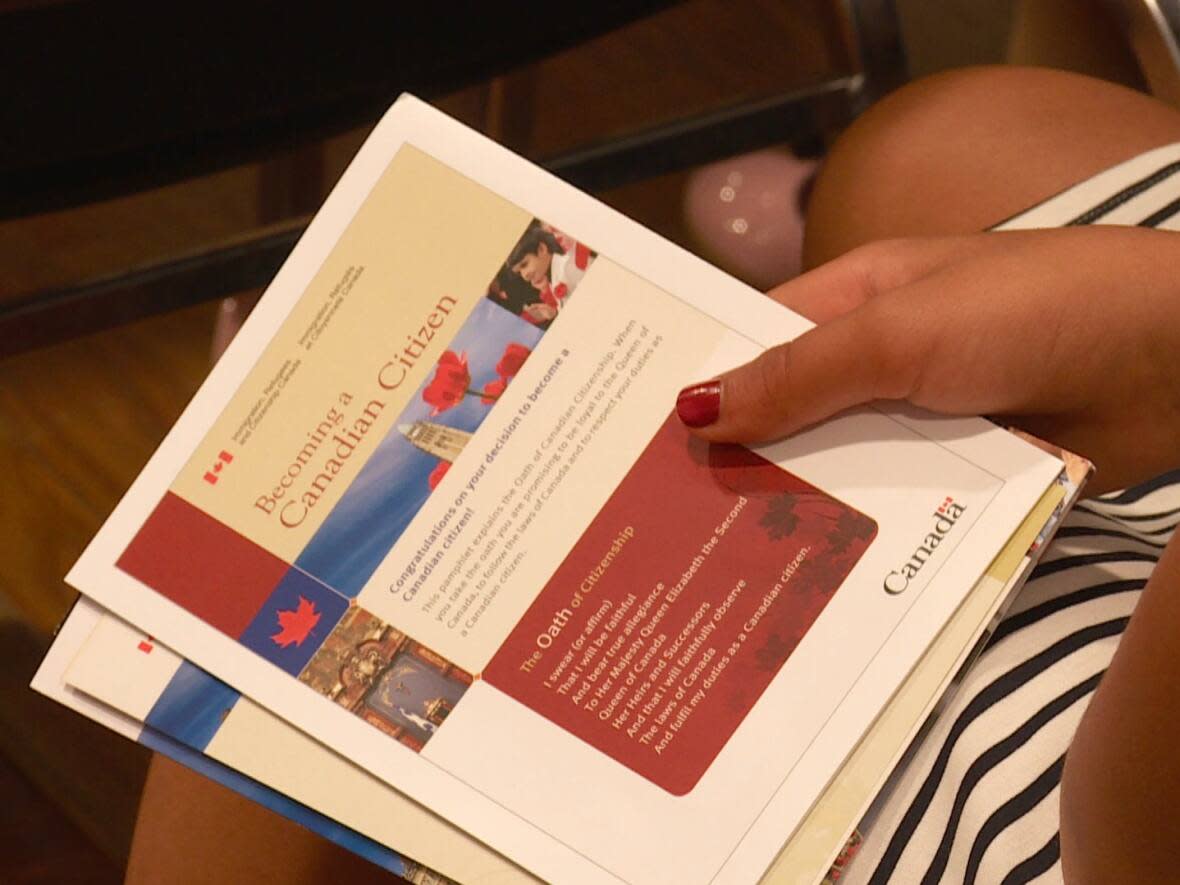Stamping out discrimination key to retaining immigrants, advocacy group says

Prine Edward Island has to address discrimination if it wants to reap the benefits of a wave of new immigrants, an advocacy group says.
Participants in the two-and-a-half day National Small Centres Conference this week discussed the challenges and opportunities that migration offers to small and rural communities.
The conference, held at the Delta Hotel in Charlottetown, focused on what small cities like the P.E.I. capital have to do to retain newcomers.
P.E.I. is now projecting a population of 200,000 people in 2030 — four years ahead of what the province had forecasted only a year earlier. A large part of that growth will be driven by new immigrants to Canada.
But participants at the conference argued the focus shouldn't be just attracting newcomers, but also retaining them.
'Everyday discrimination'
Victoria Esses is with the Pathways to Prosperity Partnership alliance. She said the key to all that is examining the role discrimination plays in deterring people from staying in a community.
"There are pretty noteworthy episodes of discrimination that occur in our communities that make the news. But it kind of masks the everyday discrimination that newcomers and racialized individuals are experiencing in our communities," Esses said.
"This discrimination often happens in public places, so when you go to the park, or when you're waiting for the bus and it doesn't stop for you, or you get on the bus and people are rude to you or avoid you or yell comments at you."
She also said people can find it difficult to find a job, "which is a huge issue because, ironically, we need immigrants."
Esses said immigrants and racialized people are necessary to address labour shortages across Canada right now, and yet they often face barriers when it comes to getting positions because of discrimination.
Charlottetown in the middle on attitudes toward migrants
Based on national survey data, Esses said discrimination seems to be worse in smaller communities compared to larger cities.
You're looking around for where you're going to go next...'We're here for a couple of years, we're gone.' — Victoria Esses
The Pathways to Prosperity Partnership has a series of indicators communities can use to gauge whether they're "welcoming" to immigrants. The indicators include things like access to housing and employment, and positive relations with municipal services, health care workers and police.
Charlottetown is in the middle of the pack when it comes to attitudes toward immigrants, based on a survey of similar-sized communities, Esses said.
"Discrimination affects whether people feel like they belong in a community. And if you don't feel like you belong, there's less attachment," she said.
"You're looking around for where you're going to go next. A lot of discussion about, 'We're here for a couple of years, we're gone,' right? And, 'We're not staying. We know we're not staying here.' These communities really need to do better."


